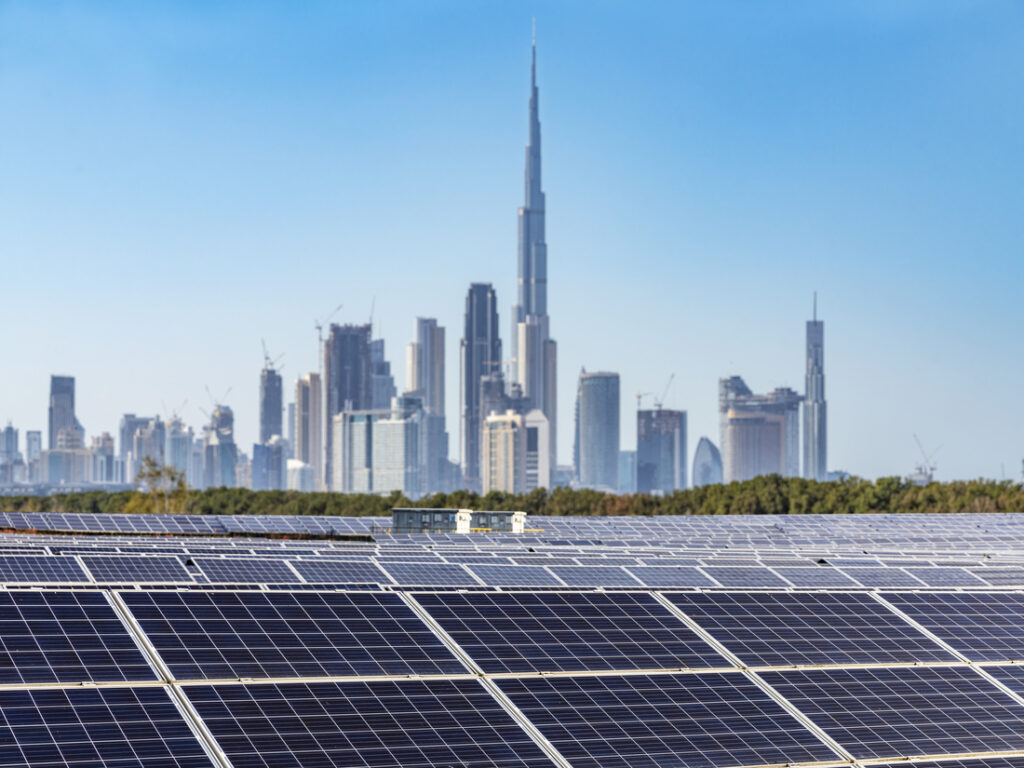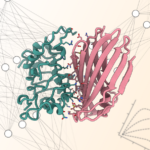One drive down Sheikh Zayed Road in Dubai reveals a city that takes development seriously, which includes a central sustainability objective, which is demonstrated by a top-10 ranking in solar capacity per capita, according to the Global Market Outlook for Solar Power 2024-2028. But can the UAE bring a similar sustainability status to its bioprocessing industry?
Recently, Khalil Rafiq Al-Battat, a researcher at Westford University College in Sharjah, UAE, and his colleagues explored how the country could improve sustainability in its bioprocessing.
“Traditional drug development often involves high energy consumption, extensive use of hazardous chemicals, and generation of persistent waste, which can enter and contaminate ecosystems,” Al-Battat and his colleagues noted. “In response to these concerns, there is a rising shift toward integrating natural ingredient-based medicines and green chemistry principles into pharmaceutical production processes.” This shift promises to “reduce pollution, minimize resource use, and enhance the biodegradability of medicines,” the experts noted.
For bioprocessors, green extraction techniques—such as supercritical CO2 and microwave-assisted extraction—offer a central opportunity to improve sustainability. Such techniques, Al-Battat’s team wrote, “are increasingly studied for their effectiveness in isolating bioactive compounds while minimizing solvent use, energy consumption, and environmental harm.”
Environmentally friendly extraction
Switching to seemingly more environmentally friendly extraction, though, takes investment. But that could be money well spent, at least in terms of improving sustainability in bioprocessing. “UAE leverages cavitation to efficiently extract compounds like polyphenols and antioxidants from biomass with lower environmental impact,” Al-Battat’s team explained, and microwave-assisted extraction “has been shown to outperform traditional methods on efficiency and energy consumption metrics”—possibly decreasing “solvent usage by half.”
Other experts agree that extraction could be greener in bioprocessing, maybe even greener than Al-Battat’s group suggested. For example, one report noted that microwave-assisted extraction can use “up to ten times less solvent compared to conventional methods.”
Building greener bioprocessing in any country is a large task. In the UAE, though, completing large tasks is not new. Stand on the street beside Burj Khalifa, look up at the world’s tallest building—two and a half times taller than the Eiffel Tower—and making bioprocessing greener in the UAE might look doable by comparison to creating such a structure.


